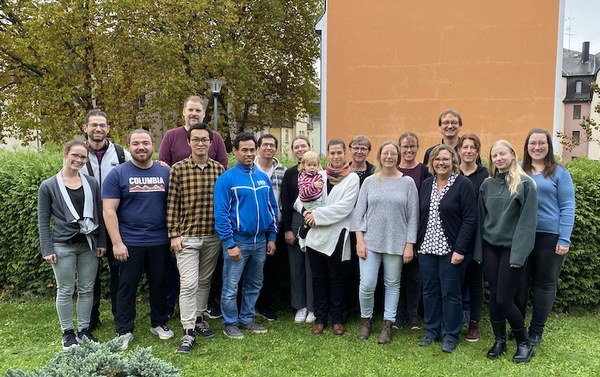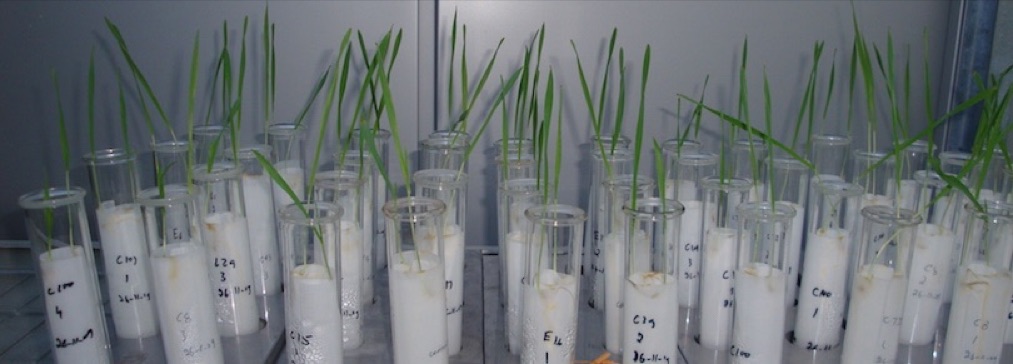General and Soil Microbiology
- Professor for General and Soil Microbiology
-

Prof. Dr. Sylvia Schnell
Diplom (Biology), University of Konstanz, 1988Dr. rer. nat. (Microbiology), University of Tübingen, 1991Postdoc (Microbial Ecology), University of Maine, 1991-1994Habilitation (Microbiology), Philipps University Marburg, 1998Research associate at the Department of Biogeochemistry at the MPI Marburg, 1995-1999Research associate at the MPI for Marine Microbiology in Bremen, January - October 2000Professor for General and Soil Microbiology at the University of Giessen since October 2000Newest Publications:
Shi H., Ratering S., Schneider B. and Schnell S. (2025) Microbiome of honey bee corbicular pollen: Factors influencing its structure and potential for studying pathogen transmission. Sci. Total Environ. 958, S. 178107
Quiroga S., Ratering S., Rosado-Porto D., Rekowski A., Schulz F., Zörb C. and Schnell S. (2025) Seed inoculation of Hartmannibacter diazotrophicus does not alter the rhizosphere bacterial microbiome of wheat and barley in a three-year field trial. Appl. Soil Ecol. 206: 105823.
Österreicher Cunha‑Dupont A., Rosado‑Porto D., Shanmuga Sundaram I., Ratering S. and Schnell S. (2024) Elevated atmospheric CO2 levels impact soil protist functional core community compositions. Curr. Microbiol. 81, 411
Sacharow J., Ratering S., Schneider B., Österreicher Cunha-Dupont A. and Schnell S. (2024) Acanthamoeba castellanii alone is not a growth promoter for Hordeum vulgare. Access Microbiology 6:000761.v3
Quiroga S., Rosado-Porto D., Ratering S., Rekowski A., Schulz F., Krutych M., Zörb C. and Schnell S. (2024) Long-term detection of Hartmannibacter diazotrophicus on winter wheat and spring barley roots under field conditions revealed positive correlations on yield parameters with the bacterium abundance. FEMS Microbiology Ecology 100: fiae023
Sacharow J., Ratering S., Quiroga S., Geißler-Plaum R., Schneider B., Österreicher Cunha-Dupont A. and Schnell S. (2024) Cercozoan diversity of spring barley grown in the field is strongly plant compartment specific. Front. Microbiomes Sec. Environmental Microbiomes 3:1352566

Research Topics:
Anaerobic MicroorganismsPlant Microbe InteractionsProtozoa Microbe InteractionsProtozoa EcologyMetal Microbe InteractionsFungal Bacteria InteractionsMicrobial Diversity (soil, wine..)














